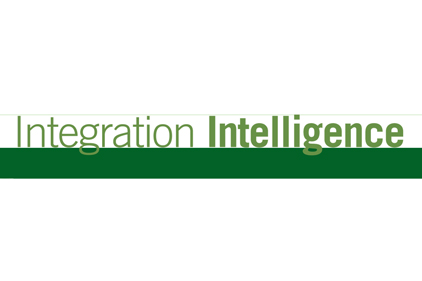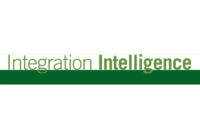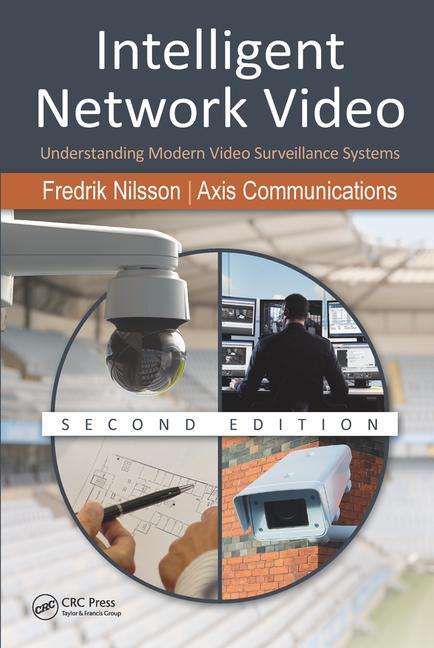The tech world is advancing the cloud model. This is a business reality. History repeats itself; last century companies shoveled coal and used water wheels to produce their own power to run the business until electric companies emerged. The cloud is “IT utility” computing. Just as the clout of the facilities department abated over many years, the IT department will follow suit to a certain extent. Premise-based IT systems will consolidate and virtualize, then embrace a phased approach to a specific, application-dependent, cloud model. The CIO will remain prominent by driving business value (cost savings). The CSO/CISO in turn will value a security integrator who improves the security business process today, yet understands the positioning required to leverage cloud platforms tomorrow.
Understanding how technology drives business results will trump pure technology and system installation expertise in the future. “Tech gurus” will still be critical, as will install technicians. But in cloud models there are far less of them because companies and integrators will not hire them, the cloud providers will. And there will be fewer cloud providers than corporate IT departments, integrators, and small businesses. The small, medium business (SMB) without an IT department today will not build one and hire the associated personnel — period.
Smart IT gurus are migrating to hot growth areas like cyber security and cloud architectures over pure systems and software knowledge.
A functional understanding of how technology drives business processes will be in more demand than pure-play technical skill sets. I believe this situation provides a path forward for security integrators. Your strategic value becomes integrating multi-vendor solutions with utility platforms.
The future value-add is business process expertise (think IBM consulting services). A strategic focus of IBM today is the Smart Cities initiative. The centerpiece of this strategy is integrating multiple solutions and technology platforms (cloud) to secure a major city. Consulting services create solutions that determine the infrastructure.
Traditionally, a customer pays up front for equipment and services that fund the cost of sales. With the cloud, that model is backwards — no upfront dollars to purchase equipment and service. It is now a subscription model. The winners will be integrators that know how to provide business process expertise using a cloud model.
You continuously sell new services to improve their ongoing business. Call it managed services or continuous business improvement. I call it recurring revenue. Success involves more strategic alliances with solution partners moving forward. This is relationship selling at its apex and an area where most security integrators must invest to win.
The cloud is changing business models, not just sales commission plans. Just as companies no longer generate their own power, the migration to the IT utility model is under way. However, the key issue is to understand that the cloud is the car, but the applications are the driver. The cloud is the delivery vehicle, not the destination. It makes the transition to a new architecture easier to do, but it is the process of integrating various applications to improve the business that drives the adoption of the cloud in the first place. If the integrator understands that the cloud does not put it out of business, but simply changes the playing field on which it does business, it can adjust to embrace the opportunity.
Moving forward, the security integrator’s value will be creating new business processes (through strategic alliances) for their customers. Solutions will migrate to the cloud infrastructure designed for the task (private, hybrid, public clouds). This will be a phased approach over the next five years, as companies move business functions from in-house to the cloud.
This is the future direction in security; unless you believe providing coal or water wheels to produce energy has better margins. Good Luck!







